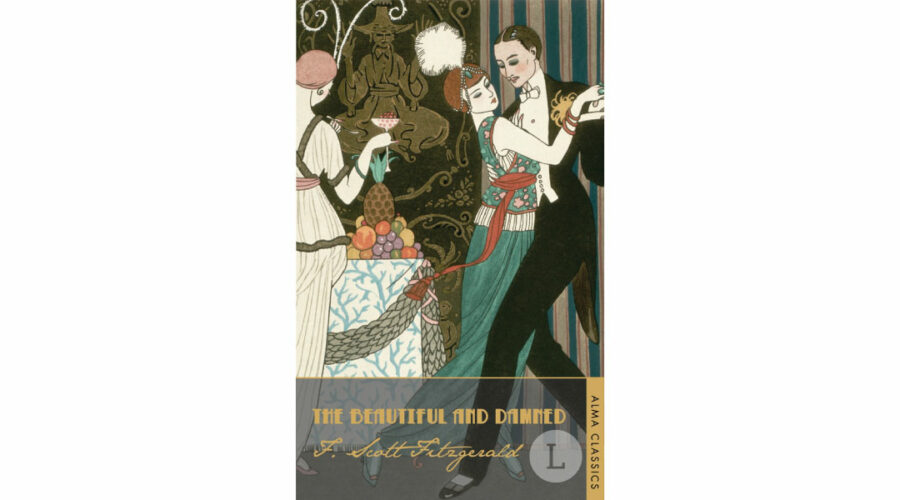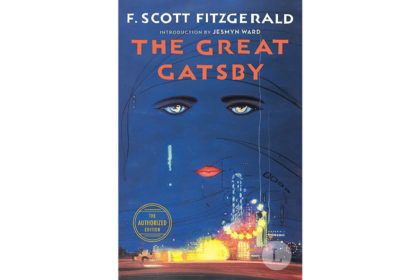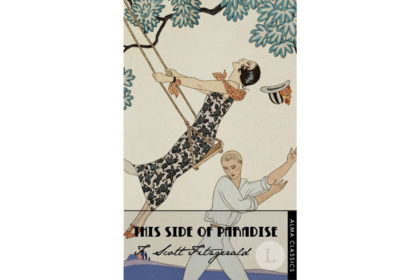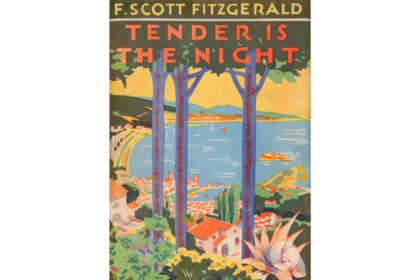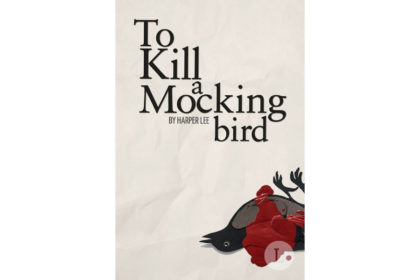The Beautiful and Damned, written by F. Scott Fitzgerald and published in 1922, is a novel that offers a scathing critique of the excesses and moral decay of the Jazz Age. Set in New York City during the 1920s, the …
F. Scott Fitzgerald: The Beautiful and Damned
